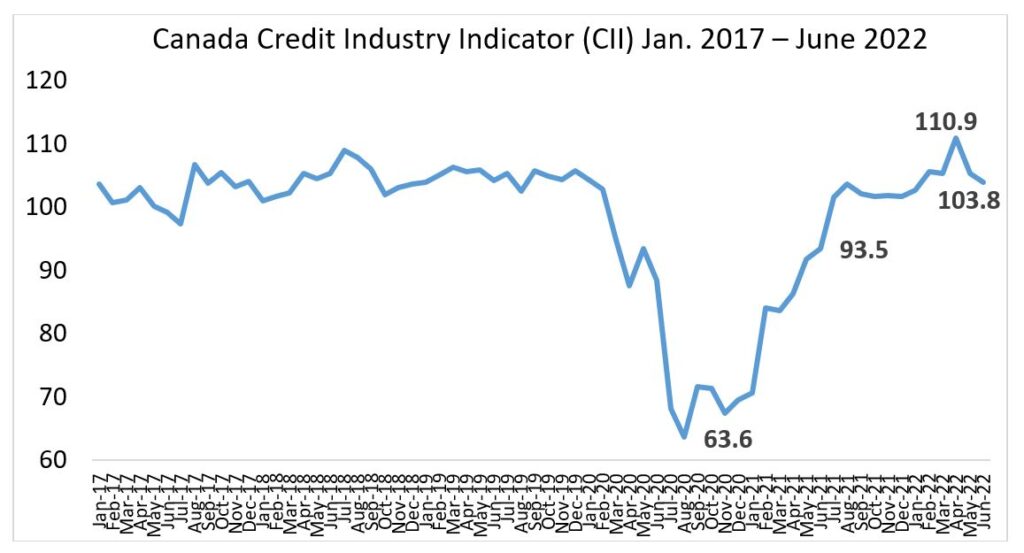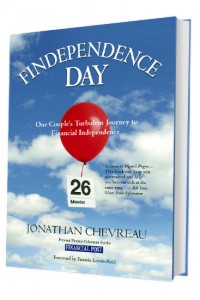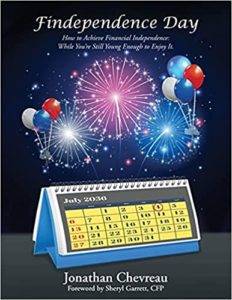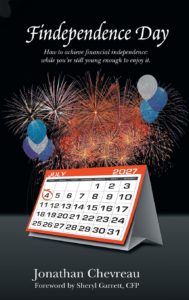
By Grant Rasmussen
Special to the Financial Independence Hub
When the going gets tough and your bank account gets lighter, for many young people, having your parents on speed dial is a go-to solution. But with inflation rates not seen since the 1980s, and interest rates reaching their highest point since 2008, Canadians – including parents – are facing unprecedented financial realities, and may not be in a position to pick up the call. The impact of this for many younger adults and students is that borrowing from the ‘Bank of Mom and Dad’ isn’t the option it once was.
The numbers show that parental support has been significant for their children: a recent study last year found that parents gave over $10B in down-payment help over the past year to younger Canadians in the housing market. With the average cost of a down payment climbing from $52,000 in 2015 to $82,000 in 2021, that help is needed more than ever.
While down payments represent one big ticket item on the spending list, there’s also tuition, rent and other living expenses, etc. all to help young people make ends meet. And in a year that marks a major financial plot twist, those same parents are facing their own challenges to do just that.
According to a new study, four-in-five (80 percent) Canadians have begun cutting back on spending—some ways include trimming discretionary spending, delaying major purchases, or deferring saving for the future. This is up from 74 percent in February, showing that more Canadians are feeling pressure financially.
With less cash to support their kids, sound advice from Mom and Dad may be the next best thing. Below are a few places to start.
Keep ALL your money
Fees are a slippery slope. Whether it’s subscription fees for things you’re not using or day-to-day avoidable fees on things like banking, it’s important to look at the cumulative effect of small, ongoing fees. At Simplii, we offer a no-fee chequing account, with no monthly fee, unlimited bill payments, e-transfers and more. Additionally, you have free access to over 3,400 CIBC ATMs throughout Canada, saving people from paying service fees. When times are tighter, it’s worth looking at every spending category to see where efficiencies can be found. Continue Reading…








